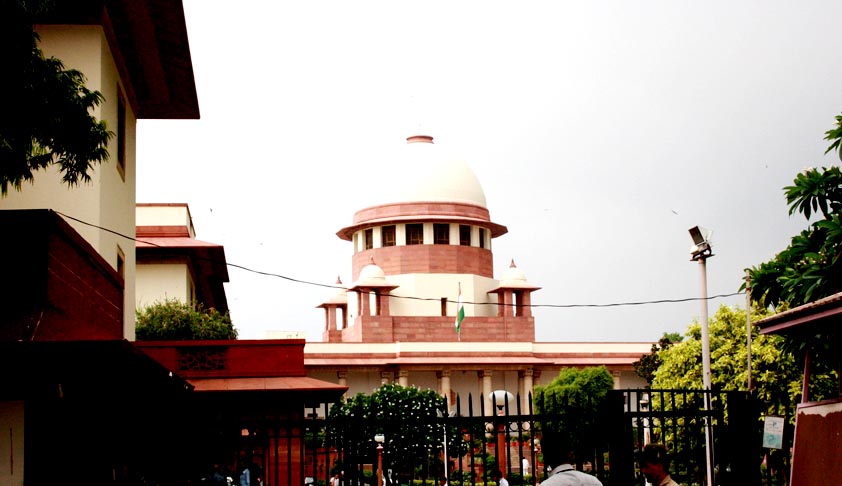Can the Plaint be set aside by the HC under Article 226 & 227? Supreme Court says 'NO'
LIVELAW NEWS NETWORK
13 April 2014 5:16 PM IST

Next Story
13 April 2014 5:16 PM IST
The interesting question before the Supreme Court was the competency of the High Court to set aside plaint, in exercise of its power under Articles 226 and 227 of the Constitution of India. The judgment has born from an appeal preferred against a judgment passed by the Kerala High Court. The High Court under Articles 226 and 227 of the Constitution of India, had set aside the plaint and...
